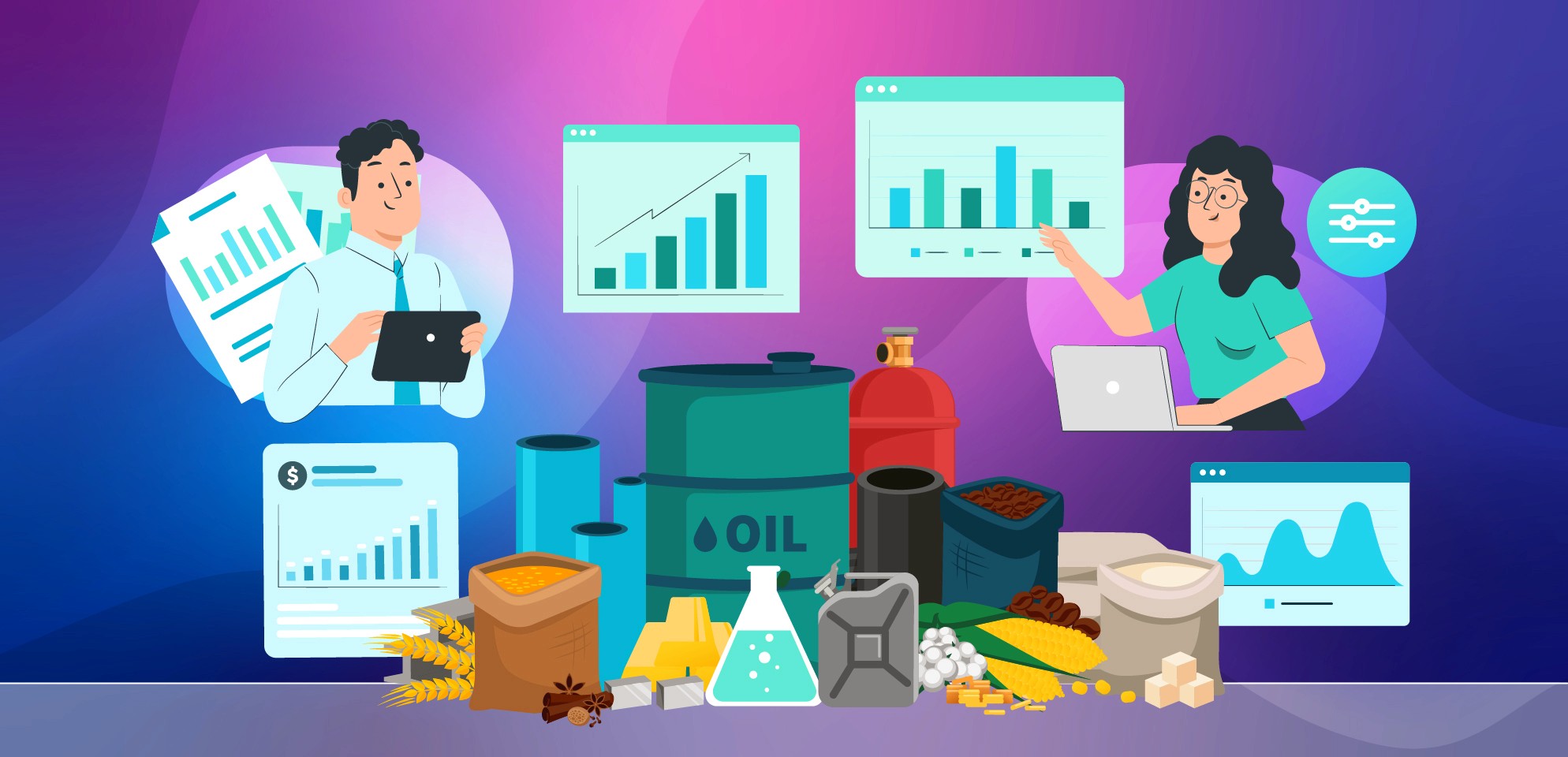Emerging Trends in Custom B2B Data Services
Published on: 10 Nov 2025
Last updated: 10 Nov 2025
Listen to audio summary of this article
The world of B2B data sourcing is transforming faster than ever before. As marketing and sales strategies increasingly depend on precise, timely, and compliant information, leading data research providers are integrating new technologies and frameworks to meet rising expectations.
These changes are not merely incremental upgrades—they represent a fundamental shift in how data is collected, processed, and delivered.
Four major trends are shaping the next generation of custom B2B data services: AI‑driven enrichment, privacy‑first models, smart integration through dashboards and APIs, and growing industry specialisation. Together, they signal the evolution of data from static lists into strategic intelligence ecosystems that enable smarter business decisions.
AI-Driven Data Enrichment and Predictive Insights
Artificial intelligence and machine learning have become central to modern B2B data research. Traditional data sourcing relied heavily on manual collection and classification, which, while accurate, had limitations in scale and speed. AI now bridges that gap by automating pattern recognition, entity extraction, and intent detection.
Natural language processing (NLP) allows algorithms to interpret online text and capture valuable signals from company news, job postings, product launches, and funding announcements. These inputs help identify companies undergoing growth or transformation—key moments when they are more likely to purchase new products or services. Machine learning models can then predict firmographic shifts such as hiring trends, budget expansions, or geographic growth, helping clients prioritise prospects with higher conversion potential.
However, AI does not replace human intelligence—it enhances it. In leading firms, researchers still verify machine‑generated insights manually, ensuring accuracy and context. This combination of automation and expert validation leads to enriched datasets that deliver real business value rather than surface‑level information.
Privacy‑First Data Frameworks
As data privacy regulations tighten worldwide, compliance has become a cornerstone of trusted B2B data sourcing. Frameworks such as the EU’s GDPR, the UK Data Protection Act, and state‑level privacy laws in the US have transformed how companies collect, share, and store information. The best data providers now embed compliance into every layer of their operations.
A privacy‑first approach means that all data is ethically sourced—drawn from public, verifiable, and legitimate business sources rather than web scraping or unauthorised databases. Providers maintain transparent documentation on data origins, permission scopes, and update intervals.
They also employ secure data infrastructure and anonymisation methods when required.
This approach reassures clients that their marketing and sales outreach respects global data regulations, protects reputation, and reduces legal risk. In short, privacy compliance has evolved from a back‑office requirement into a competitive differentiator for B2B data firms.
Integration Through Custom Dashboards and APIs
Static spreadsheets and manual uploads are being replaced by dynamic data delivery systems. Modern B2B data services now offer custom dashboards and API APIs that allow businesses to access, filter, and visualise data in real time.
An API‑based model eliminates delays inherent in batch‑delivered files. It allows instant updates to sales and marketing dashboards, enabling teams to act on fresh intelligence without manual intervention. Dashboards also bring transparency—clients can view data coverage, enrichment status, and accuracy metrics at a glance.
This level of integration transforms B2B data into an operational tool rather than a passive asset. It improves collaboration between marketing, sales, and analytics teams by placing verified insights directly into the systems they use every day, from CRMs and marketing automation tools to business intelligence software.
The Rise of Industry-Specific Data Research Teams
One size no longer fits all in B2B data sourcing. Every industry—from healthcare to manufacturing to financial services—has its own terminology, regulatory boundaries, and buyer structures. As a result, many providers are developing vertical‑focused research divisions staffed with analysts who understand the nuances of each market.
In healthcare, for example, researchers must deal with compliance standards like HIPAA and track complex hierarchies within hospital systems. In technology, data specialists need to map software stacks and IT procurement behavior. Financial sectors, on the other hand, demand precision in tracking organisational roles, investment activities, and regulatory updates.
Industry‑focused teams provide cleaner, more contextually relevant datasets that enable clients to design targeted campaigns and build stronger, more personalised outreach strategies.
From Data to Decisions
The broader implication of these trends is that B2B data has evolved from a tactical resource into a strategic intelligence layer. Businesses that work with advanced, compliant, and specialised providers no longer receive static records; they gain analytical visibility into markets, buyer intent, and future trends.
AI‑enhanced tools, ethical sourcing, seamless integration, and domain expertise now define the new benchmark for quality in the data industry. Companies leveraging such innovations are better equipped to forecast opportunities, personalise engagement, and make confident, data‑driven decisions that sustain long‑term growth.
Choosing the Right B2B Data Partner
Selecting a data partner goes beyond price or dataset size. Here’s what to evaluate when choosing a custom B2B data provider:
Transparency of methodology: A credible partner should explain how data is sourced, verified, and updated.
Customisation depth: Ensure they can adapt to your ICP and segmentation preferences rather than offering predefined templates.
Data accuracy guarantees: Top providers often implement accuracy benchmarks or offer replacement guarantees for invalid records.
Compliance assurance: Check adherence to data privacy laws, ethical sourcing policies, and region‑specific regulations.
Human research expertise: Even with AI integration, expert human validation remains key to contextual accuracy.
Taking the time to evaluate these aspects ensures long‑term reliability and trust.
The Role of Data in B2B Growth Strategy
Quality B2B data has become the cornerstone of every growth‑driven strategy—from market expansion to ABM and lead nurturing. Businesses that operate on clean, contextual, and constantly refreshed data operate more efficiently and make better decisions.
The role of custom data providers is not just operational but strategic. They enable organisations to convert fragmented data into actionable intelligence—transforming how companies approach customer engagement, territory planning, and competitive positioning.
Table of Content



